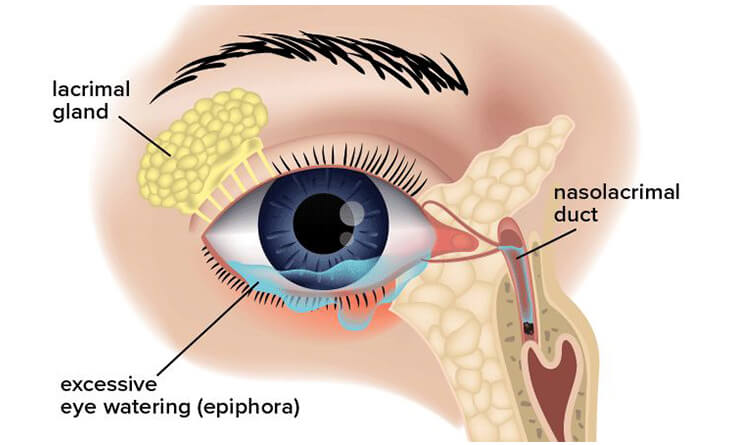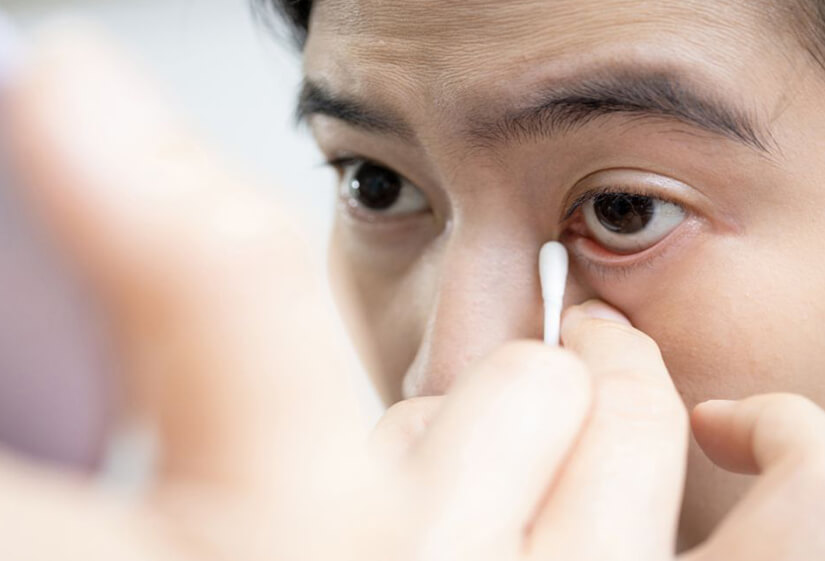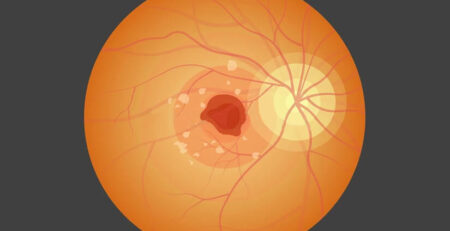What Causes Watery Eyes in the Elderly?
Aging comes with wisdom and cherished memories, but it also brings some unwelcome visitors, like watery eyes. If you’ve noticed your or a loved one’s eyes frequently tearing up, you’re not alone. This common issue is seen in many older adults and often raises questions. What exactly are the watery eye causes in elderly individuals, and more importantly, what can be done about it?
The Anatomy of Watery Eyes: Why Does It Happen?
To understand watery eye causes, it’s helpful to know how tear production works. Tears, crucial for eye health, keep the eyes lubricated, clear away dust, and help prevent infections. The lacrimal glands produce these tears, and when working properly, they drain smoothly into small ducts. In older adults, however, these systems can weaken or experience blockages, leading to watery eyes.
Primary Watery Eye Causes in the Elderly
- Dry Eyes Paradox
Surprisingly, dryness can be one of the main watery eye causes in seniors. As the eyes age, they may not produce enough lubrication, leading to irritation. In response, the glands release an overflow of tears, which ironically leads to watery eyes. The brain triggers an excessive tear reflex to compensate, which is why dry eye syndrome can often make the eyes water more, not less. - Eyelid Problems
With age, changes in eyelid structure are common. When the eyelids droop or turn outward (a condition known as ectropion), they lose their ability to spread tears evenly across the eye’s surface. This misalignment disrupts normal drainage and contributes to the excessive tearing associated with watery eye causes. - Blocked Tear Ducts
Blocked tear ducts are another leading factor in the elderly. The drainage pathways narrow with age, and tear flow becomes restricted. When tears don’t drain properly, they start to overflow. Eye specialists often note that blocked ducts are one of the frequent watery eye causes seen in aging adults. - Allergies and Irritants
Aging doesn’t eliminate sensitivity to allergens or irritants. Pollen, dust, pollution, and even certain cosmetics can irritate the eyes. When this irritation occurs, the lacrimal glands react by producing more tears, which can create a cycle of irritation and watering that’s hard to break without addressing the underlying cause. - Infections
Eye infections, like conjunctivitis, can lead to swelling and watering. Although infections are generally more common in younger individuals, they can also affect the elderly, causing both irritation and an overproduction of tears. Prompt treatment is necessary to prevent the spread of infection and manage tear overflow. - Medications and Health Conditions
Certain medications can exacerbate watery eye causes, especially those used for blood pressure, glaucoma, and other age-related health issues. Additionally, conditions like diabetes, arthritis and autoimmune disorders can impact tear glands or ducts, affecting normal tear production.

Watery Eye Treatment Options for the Elderly
If watery eyes are making day-to-day life uncomfortable, effective solutions are available. Here’s an overview of potential treatments to consider:
- Artificial Tears
For those with dry eye syndrome, using artificial tears is one of the most effective forms of watery eye treatment. These lubricating drops can help reduce irritation, providing moisture that soothes the eyes and decreases reflexive tearing. - Warm Compresses and Gentle Massage
Applying a warm compress to the eyes can often help open up tear ducts in th lids. Gently massaging the eyelids or the area around the tear ducts encourages drainage and can be an easy, non-invasive way to reduce excessive tearing. - Prescription Medications
Eye doctors sometimes prescribe medications to manage watery eyes, particularly if the condition stems from allergies or infections. Allergy drops, for example, help by reducing eye sensitivity, which in turn lessens excessive tear production. - Surgical Options
When blockage is the main problem, surgical watery eye treatment may be recommended. Procedures can range from a simple incision to clear tear ducts to more advanced techniques that help correct drooping eyelids. Eye specialists can evaluate if surgery is the right course for your specific situation. - Lifestyle Adjustments
Simple changes, such as avoiding smoke, allergens, and strong winds, can also help prevent irritation that leads to watery eyes. Reducing exposure to environmental irritants helps keep tear production in balance, minimizing discomfort.
When to Consult an Eye Doctor in Delhi?
While many causes of watery eyes are manageable, chronic or worsening symptoms should prompt a visit to a professional. Persistent tearing can signify an underlying condition that needs attention. If home remedies don’t bring relief, an eye doctor can offer a thorough assessment and tailor a watery eye treatment plan to address the root causes effectively.
Final Thoughts: Addressing Watery Eye Causes for Clearer, Comfortable Vision
Watery eyes in the elderly are a common yet often overlooked issue. Thankfully, there are practical solutions available. Addressing these symptoms promptly not only improves comfort but also helps in avoiding complications. For those experiencing persistent watery eyes, seeking advice from an experienced eye specialist is essential to restoring quality of life.
Take the Next Step: Consult Dr. Anisha Gupta for Watery Eye Relief
If watery eyes are interfering with your daily activities, it’s time to consult Dr. Anisha Gupta, a renowned eye doctor in Delhi. Dr. Gupta offers specialized assessments to identify the unique watery eye causes affecting you and provides personalized treatment options that range from simple therapies to advanced procedures. Book an appointment today to regain comfort and clarity in your vision.











